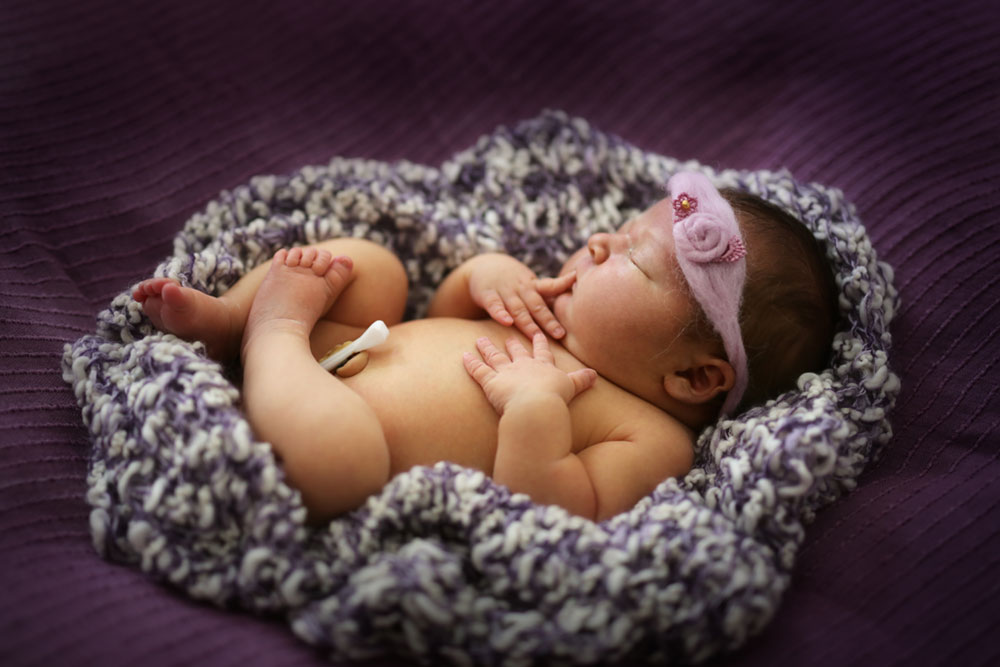Patient Resources

The Embryo Transfer Process:
What to Expect
If your physician has scheduled you for an embryo transfer, you’re likely very excited – but you may also be somewhat unsure of what to expect. Read on for more information on the embryo transfer procedure and what it means for you.
Before the Procedure
The embryo transfer will take place five to six days after your egg retrieval procedure. Unlike the egg retrieval, you will not be anesthetized, so there are no restrictions on food or drink the night before or day of the procedure.
Additional reading: What to Do Before and After Embryo Transfer: Tips for Embryo Implantation
The Day of the Procedure
Once you arrive at the outpatient center, you will change into a hospital gown and enter the surgical room to begin the procedure. You will go through a series of verifications to ensure the correct embryo is being transferred to you. Your embryologist will use a fine catheter and ultrasound machine to transfer the embryo(s) into your uterus. Following a brief recovery period of about 15 minutes, you will be released and can return home to rest.
DOWNLOAD THE EGG FREEZING COST GUIDE
After the Procedure
While you should not experience any pain following the procedure, you may sense some discomfort or a feeling of fullness in your ovaries. This is normal and is not cause for concern, though we do recommend you take it easy and avoid unnecessary stress in the days immediately following the procedure. After two days, you can safely return to your normal activities with the exception of heavy abdominal work. Your embryos cannot fall out, so you do not have to worry about moving freely.
Ten days after the procedure, you will come in for a pregnancy blood test. If the test result is positive, congratulations – the transfer process was a success! However, if it is negative, don’t be discouraged. Talk to your doctor about what the next steps should be.
